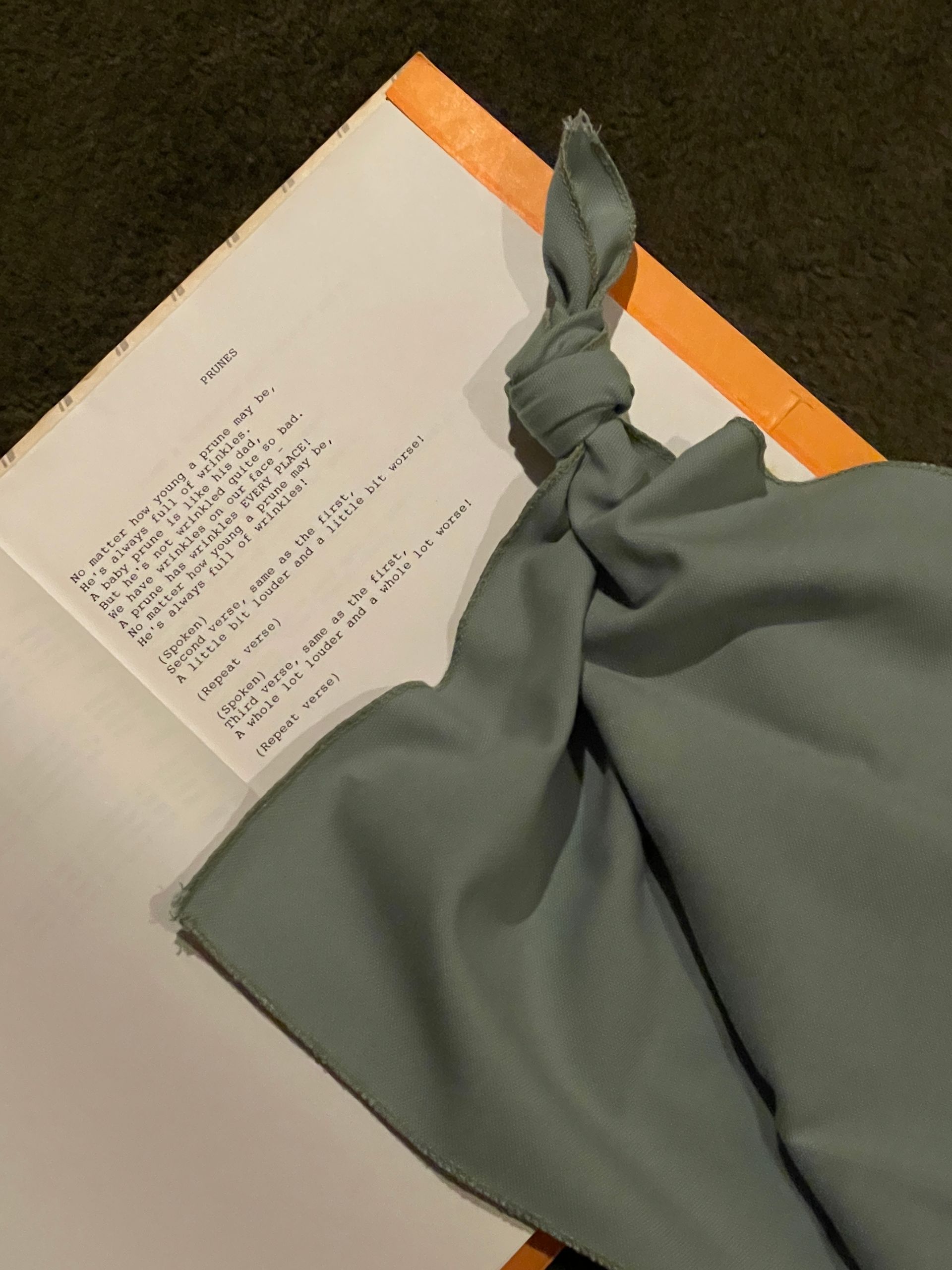Lest We Forget
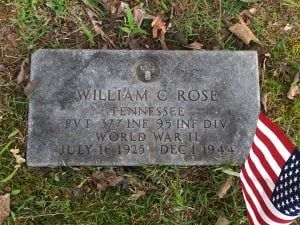
William Cecil Rose was already married and a father when he enlisted in the United States Army on October 8, 1943. At the ripe old age of 19, he was going to war, the terms of his enlistment being “Enlistment for the duration of the War or other emergency, plus six months, subject to the discretion of the President or otherwise according to law.” But on December 1, 1944, roughly one year and one month after entering the service, he was struck by two bullets while fighting in Germany. Despite medical treatment, he died—a death that was noted with one line in the local newspaper a month afterwards. The notice simply stated “Pvt. William C. Rose killed December 1 st in Germany” and was listed along with S/Sgt. Max Briley and Pvt. Francis N. Heathcock, both of whom were also wounded in Germany, Pvt. James R. Wright of Morris Chapel who was wounded in France, Cpl. Gordon Majors who was killed in action in France, Pvt. James W. Majors who perished in Germany, and Pfc. Joel McMullen who was listed as missing in action, also in Germany. Today, in the sacred ground of Graham Cemetery, this eternally 19 year old rests beside his son, W. C. Rose, Jr., who was born in 1942 and died 10 years after his father at the age of 12.
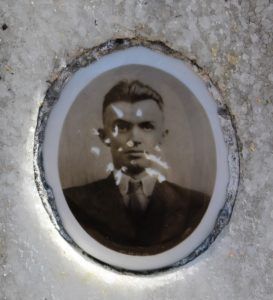
Cazmo Nicholoff was born in Macedonia, Greece. According to his monument the date was July 23, 1895; according to his military and citizenship records, it was January 1 of that year or perhaps 1893. On May 5, 1912—when he was not quite 17—he entered the United States through the port of New York. His dream of citizenship became a reality on July 3, 1918, a petition that was granted fully two years after he enlisted in the United States Army during World War I. He was assigned to Troop M of the 16 th Cavalry and was eventually transferred to Troop L of the 17 th . The task given these troops was to patrol the neutralized border between the United States and Mexico, but things did not go well. He was honorably discharged on January 26, , 1920 with a Surgeon’s Certificate of Disability due to having developed pulmonary tuberculosis. Despite the fact that most of his family had settled up north, he somehow met Effie Harris of McNairy County, Tennessee. On April 5, 1925 they applied for a marriage license with the ceremony being performed by J. T. Martin the following day. Sadly, his condition worsened, bringing about his death on February 11, 1928 at the Veterans’ Hospital in Outwood, Kentucky. They had been married less than three years; he was 25. The condition he contracted during his military service had brought about his death. As his loving wife had engraved upon his monument in Mars Hill Cemetery “An American Soldier whom our country called. He fought for her and in the end did fall.”
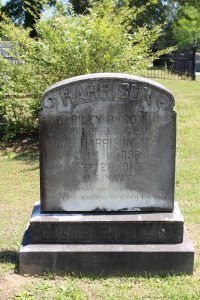
Riley Byron Harrison was 22 years old when he enlisted in the United States Naval Reserve Force on July 22, 1918. World War I was nearing an end and he found himself in Great Lakes, Illinois, serving as a landsman for a machinist’s mate. Unfortunately, while there he contracted the flu and died in the Naval hospital on September 28th – only 68 days after enlisting and only 44 days before the end of the war. His body was returned to his home town and laid to rest in Savannah Cemetery, where his monument notes his service to his country. His grief-stricken parents chose an inscription expressing their hope of a reunion in the hereafter, “Weep not father and mother for me, For I’m waiting in glory for thee.”
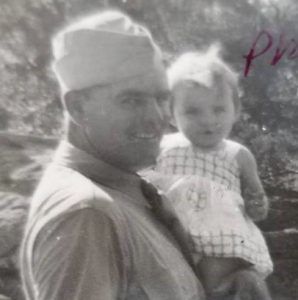
Parker Fondren must have had a terrifying vision of what the future held when he received his draft notice during World War II. He told his family he’d never come back . . . a statement that was only partially true. Parker died in battle north of Rome, just three days after the liberation of the city, and was buried in the military cemetery in Nettuno, Italy. His personal belongings, including an Eversharp pen, his wallet, and a sewing kit, were packed up and sent to his widow, Willie. In March of 1947, she received a form from the Army requesting instructions for Parker’s final burial. Of the over 115 countries involved in World War II, the United States was the only country willing to repatriate her dead—Parker was finally coming home. It took another year for the plans to be finalized . . . and a change of location due to Willie’s remarriage before the return of Parker’s body. At that time the right of disposition moved to his parents and they chose to have their son buried in the hallowed grounds of the cemetery at Shiloh National Military Park. And so it was done on August 3, 1948. Years later, through the efforts of his extended family, Parker’s daughter Phyllis Lee was located. She still had her daddy’s Purple Heart and his wallet. She still remembers the story of his tank being disabled and him running for cover when he died. But stories and pictures are all she really has to remember.
These four men died as a result of their service to our country. Some more violently than others. Some as a direct result of war. Some as an indirect consequence. But each one paid the ultimate price for the freedom we enjoy today. It is that sacrifice that Memorial Day honors. Unlike Veterans Day, which recognizes all for their service, Memorial Day specifically honors those who died as a result. Sadly, it is a meaning we have lost over the years. The somber observances of generations past have become celebrations of the beginning of summer, made possible via a three-day weekend created by moving the holiday from the traditional May 30 th to the last Monday of the month.
I want you to look at the pictures included here. I want you to remember these were people . . . people with hopes and dreams and plans for the future. People who left behind shattered families and grieving loved ones when they died. And these are just four of the many from our communities. Multiply that by thousands if you choose to include those buried at Shiloh as a result of the battle there. Multiply that by hundreds of thousands . . . and you may be touching the tip of the total of those men and women who have given their lives so we can live ours. This coming Monday I hope you’ll take a moment . . . or more . . . and give thanks for them all.
About the author: Lisa Shackelford Thomas is a fourth generation member of a family that’s been in funeral service since 1926. She has been employed at Shackelford Funeral Directors in Savannah, Tennessee for over 40 years and currently serves as the manager there. Any opinions expressed here are hers and hers alone, and may or may not reflect the opinions of other Shackelford family members or staff.
The post Lest We Forget appeared first on Shackelford Funeral Directors | Blog.
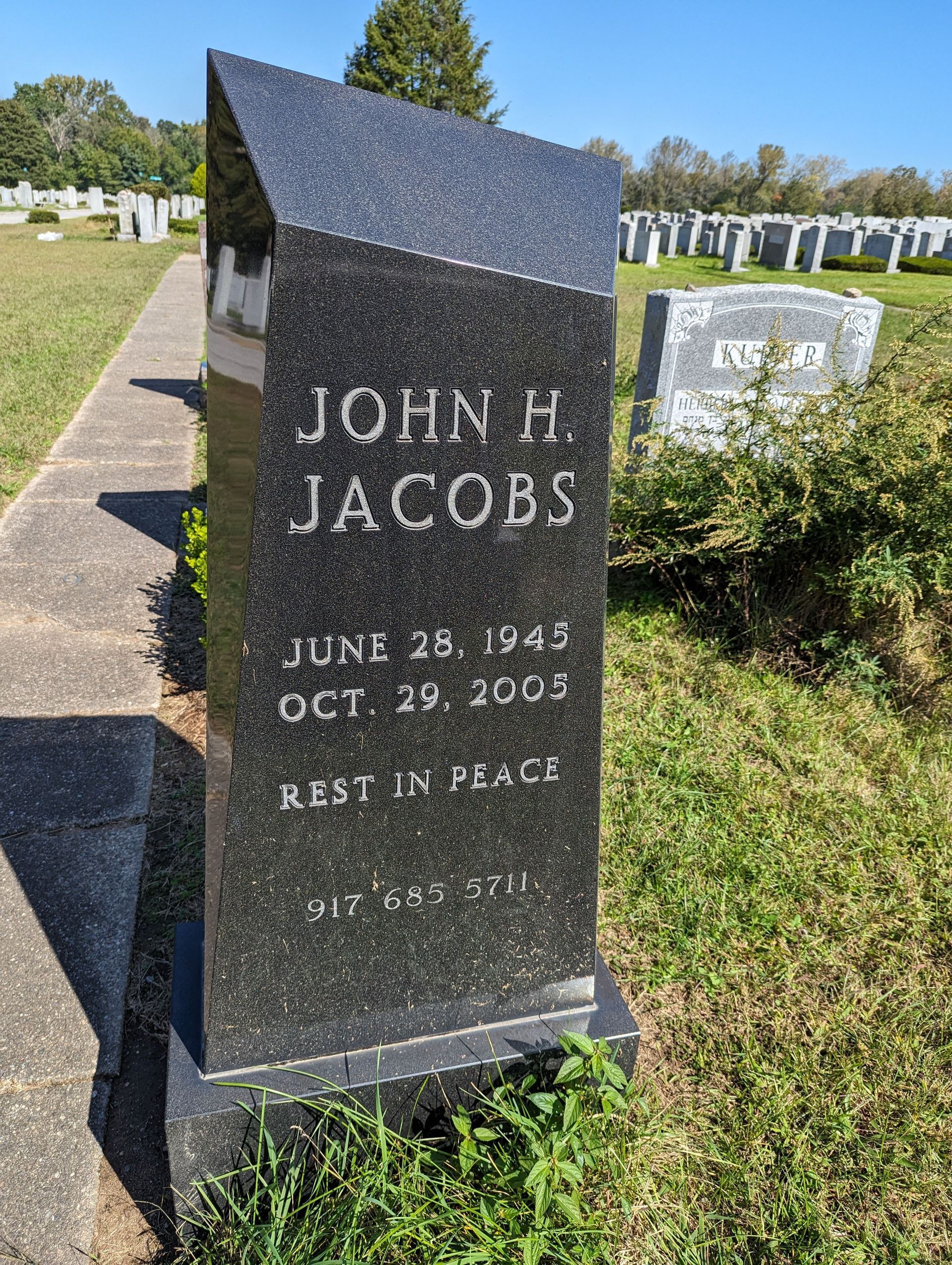
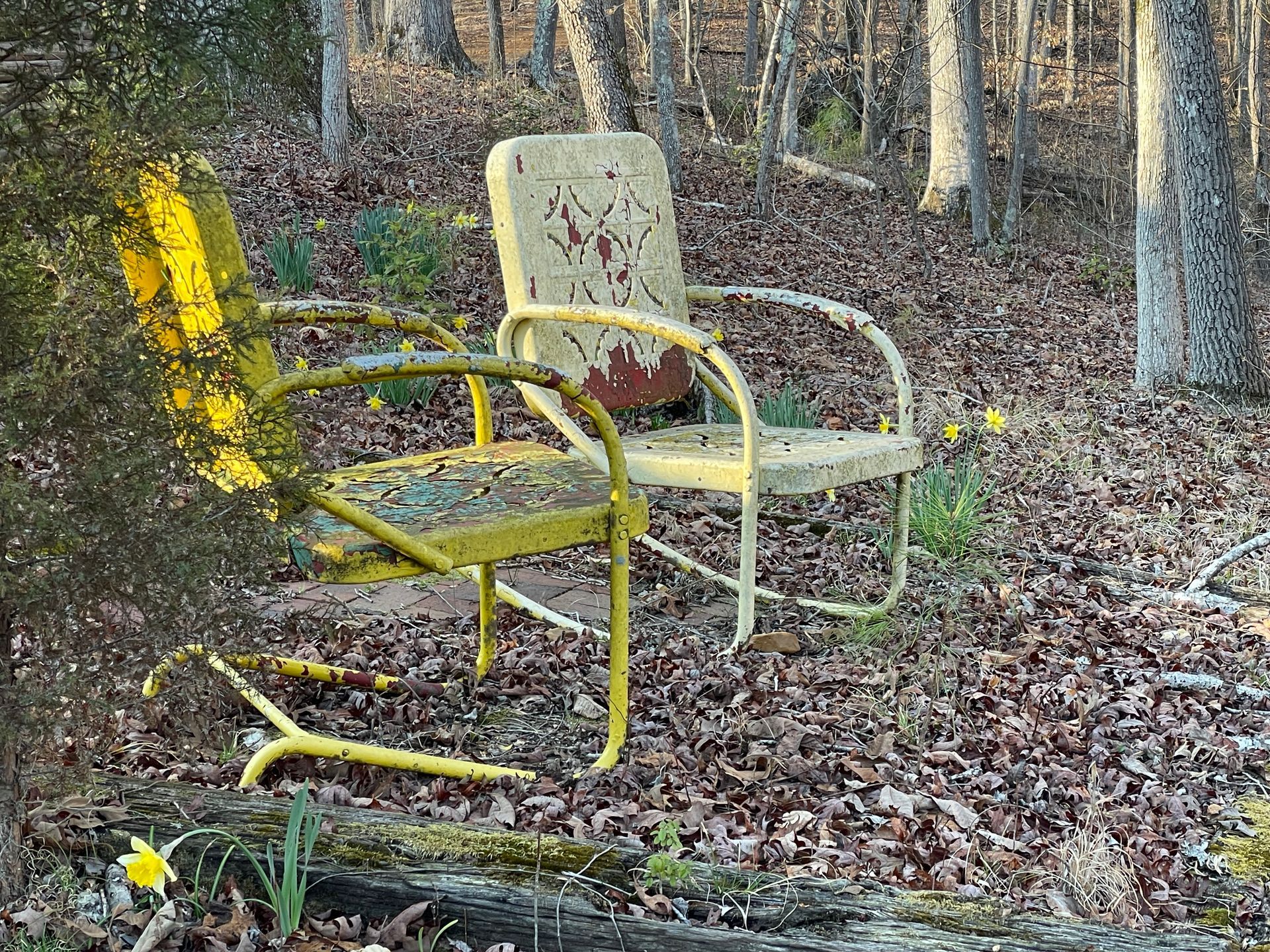
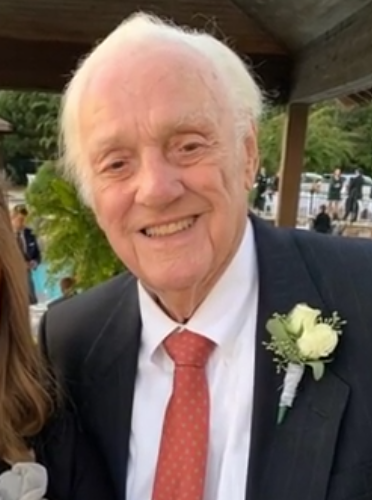
365 Days of Grief Support
Sign up for one year of grief messages designed to offer hope and healing during the difficult first year after a loss
Please wait
Verifying your email address
Please wait
Unsubscribing your email address
You have been unsubscribed
You will no longer receive messages from our email mailing list.
You have been subscribed
Your email address has successfully been added to our mailing list.
Something went wrong
There was an error verifying your email address. Please try again later, or re-subscribe.






